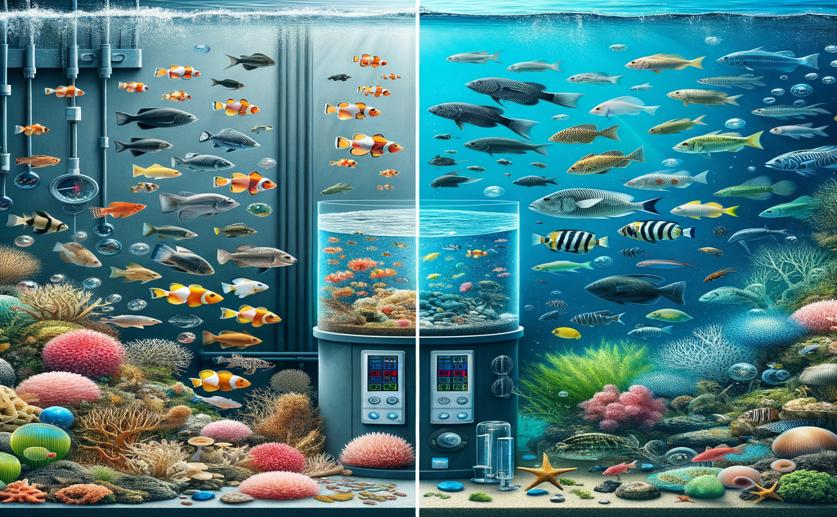
How Captivity and Natural Habitats Affect Gut Health in Fish Throughout the Year
Jim Crocker
4th July, 2024

Image Source: Natural Science News, 2024
Key Findings
- The study focused on the gut microbiota of wild and captive red-spotted groupers in southern China across four seasons
- Wild groupers had a more diverse and stable gut microbiota compared to captive groupers
- Seasonal changes significantly influenced the gut microbiota composition in both wild and captive groupers
BiochemAnimal ScienceMarine Biology
References
Main Study
1) Impact of captivity and natural habitats on gut microbiome in Epinephelus akaara across seasons
Published 3rd July, 2024
https://doi.org/10.1186/s12866-024-03398-y
Related Studies
2) A new genomic blueprint of the human gut microbiota.
3) The secret languages of coevolved symbioses: insights from the Euprymna scolopes-Vibrio fischeri symbiosis.
4) Analysis of intestinal microbiota in hybrid house mice reveals evolutionary divergence in a vertebrate hologenome.



 23rd May, 2024 | Jenn Hoskins
23rd May, 2024 | Jenn Hoskins